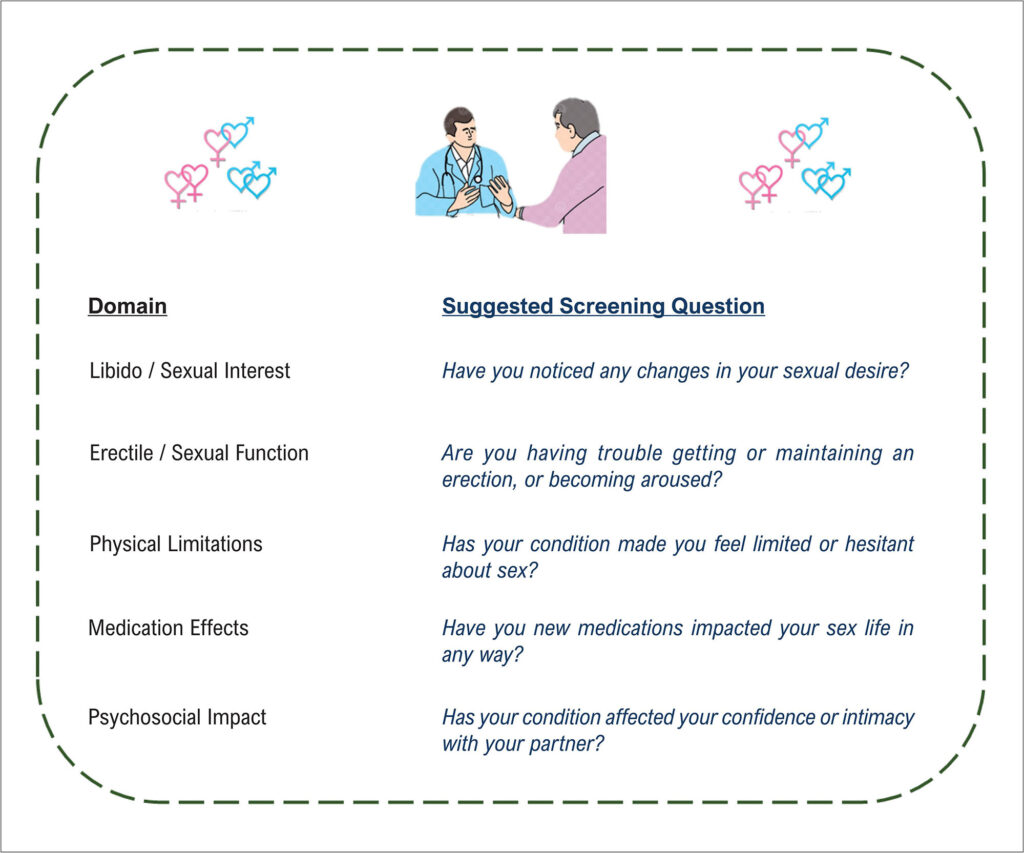Arq. Bras. Cardiol. 2025; 122(6): e20250326
Why Cardiology Can No Longer Ignore Sexual Health?
Introduction
In an era of sophisticated diagnostics and personalized therapies, one aspect of patient care remains routinely overlooked: sexual health. Sexual activity (SA) is more than a source of pleasure; it is also a marker of vitality, intimacy, and emotional resilience.– For individuals with cardiovascular disease (CVD), the desire to resume SA often signals not only physical recovery but also emotional healing and renewed self-confidence. On the other hand, we encourage patients to walk, to eat better, and to take their medications. Nevertheless, when it comes to sex, silence prevails.
Although SA imposes cardiovascular demands comparable to moderate physical activity and is generally considered safe for most patients with stable CVD, many remain uncertain about when or how to resume sexual life after myocardial infarction (MI), coronary artery bypass graft surgery, and heart failure. They are left with unanswered questions because the topic is often met with discomfort or vague reassurances. Studies have consistently shown that patients want – and need – clear guidance on sexual functioning. However, cultural taboos, embarrassment, and lack of professional training continue to silence this conversation in clinical settings., In one study, only 16% of cardiologists routinely discussed sexual function, while 70% rarely or never offered guidance after MI. The most commonly cited barriers included time constraints, lack of privacy, and insufficient training.
[…]
Keywords: Cardiovascular Diseases; Counseling; Sexual Behavior
239

